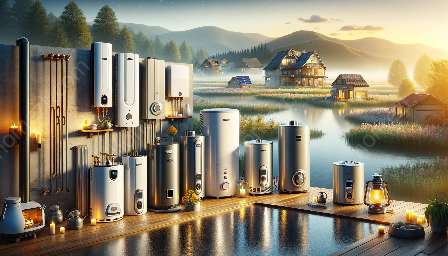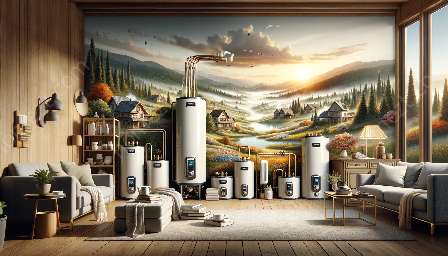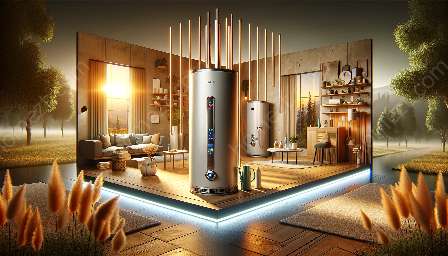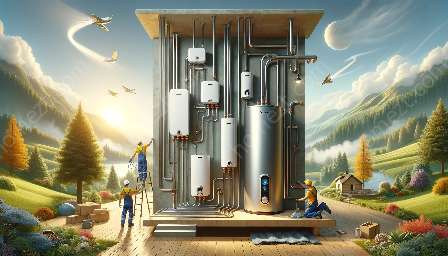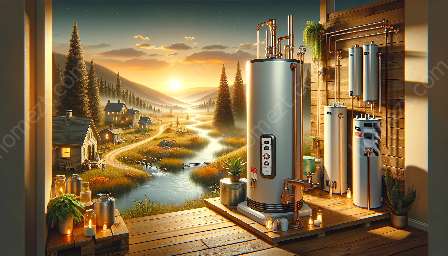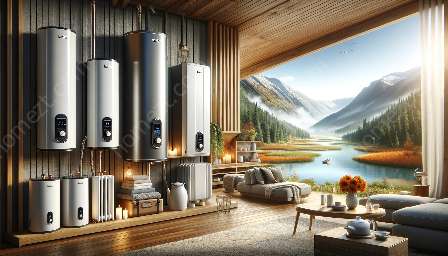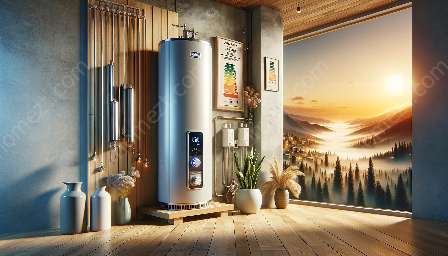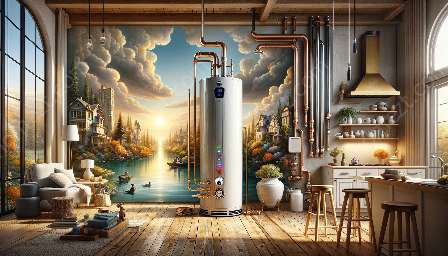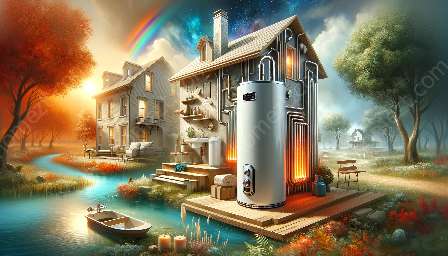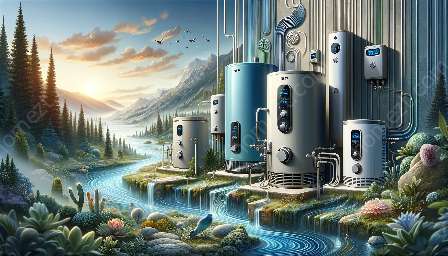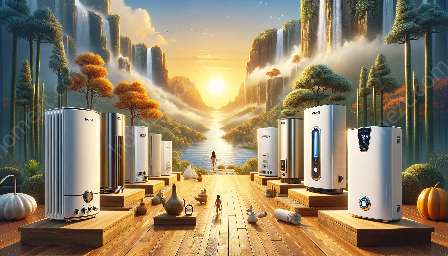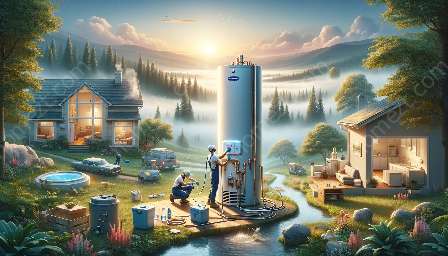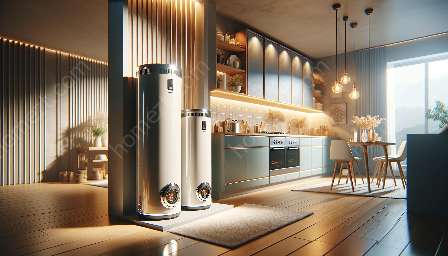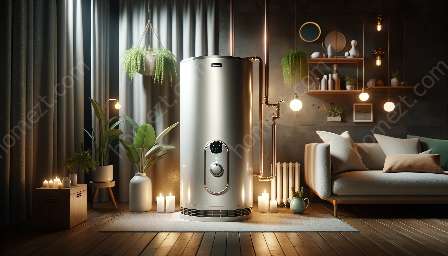Water heaters are essential appliances in our homes, providing hot water for various purposes. However, they can pose safety risks if not properly maintained and operated. In this article, we will explore important safety precautions to ensure the safe and efficient operation of water heaters.
Understanding Water Heater Safety
Before delving into specific precautions, it's crucial to understand the potential hazards associated with water heaters. The most common types of water heaters are traditional tank-style and tankless models. Both types require careful handling and maintenance to prevent accidents.
Importance of Proper Installation
Proper installation of a water heater is critical for ensuring safety. It's recommended to have a professional plumber or technician install the water heater to ensure that it complies with local building codes and safety standards. Improper installation can lead to leaks, gas buildup, or electrical hazards, posing significant risks to both property and occupants.
Maintaining the Correct Temperature
One of the essential safety precautions for water heaters is maintaining the correct temperature. The thermostat on the water heater should be set to a safe and efficient temperature, typically around 120 degrees Fahrenheit. Higher temperatures can increase the risk of scalding, especially for young children and the elderly.
Regular Inspections and Maintenance
Regular inspections and maintenance are crucial for ensuring the safe operation of water heaters. This includes checking for leaks, rust, or corrosion on the tank, pipes, and fittings. Additionally, the pressure relief valve should be tested periodically to ensure it functions correctly and releases excess pressure, preventing potential explosions.
Proper Ventilation and Combustion Air
For gas-powered water heaters, proper ventilation and combustion air are essential to prevent the buildup of carbon monoxide, a colorless and odorless gas that can be lethal if inhaled in high concentrations. Adequate ventilation ensures that the combustion byproducts are safely vented outside, protecting occupants from potential health risks.
Preventing Water Damage
Water heaters can leak over time, leading to potential water damage in the surrounding area. Installing a drain pan under the water heater and connecting it to a proper drain can help prevent damage in case of leaks. Additionally, regularly checking for signs of leaks or moisture accumulation around the water heater is crucial for early detection and prevention of water damage.
Common Mistakes to Avoid
Aside from the safety precautions mentioned, it's essential to be aware of common mistakes that can compromise water heater safety. These include neglecting regular maintenance, overloading the water heater beyond its capacity, and using incorrect or damaged supply lines. Additionally, using DIY approaches for complex repairs or installations can lead to safety hazards and void warranties.
Conclusion
Water heater safety is paramount for protecting both property and occupants. By following the recommended precautions and staying vigilant about maintenance and inspection, homeowners can ensure the safe and efficient operation of their water heaters. Remember to consult a professional plumber or technician for any significant issues or concerns related to water heater safety.

